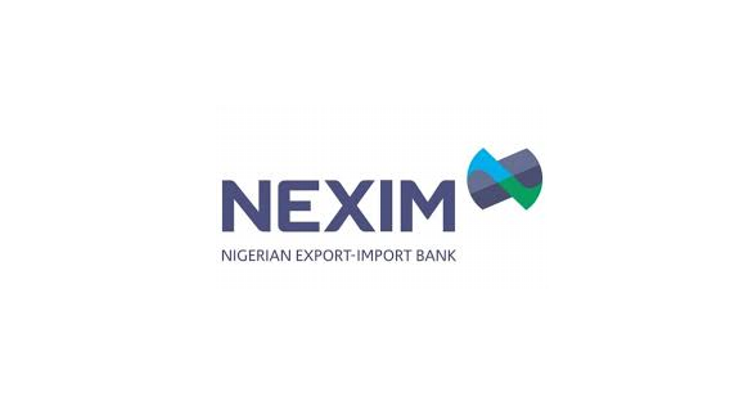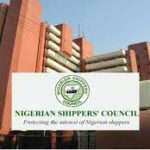
The Nigeria Export-Import Bank has disclosed that a sub-Saharan regional shipping line, Sealink, will commence operations between the end of 2022 and the first quarter of 2023.
A statement quoted the Head, Strategy and Communication, NEXIM, Mr Tayo Omioji, to have said this in Lagos recently while speaking at the 2022 annual conference with the theme, “Boosting Domestic Capacity for Sustainable Export Earnings,” organised by finance correspondents.
Omioji explained that the Sealink project was conceived due to the need for Nigeria to have a regional shipping line.
He noted that the country engaged the services of foreign vessels to move goods outside the country, which was expensive and affected foreign exchange earnings.
Omioji said reliance on foreign vessels increased cost and travel time as goods were first moved from Nigeria to the point of origin of the vessels and then to the final destinations.
“If we have our own shipping line, we can move our goods from other countries and bring them directly to Nigeria before moving to other countries.
“In addition to having a shipping project that allows moving our goods on international waters, we also felt that we should also find scope in inland waterways. We need to do more in the infrastructure to move the goods from the cities to export destinations. We need to also develop our inland waterways. We can use barges to carry goods in the absence of port materials. That was why we were finding a scope in inland waterways,” he noted.
He disclosed that NEXIM was currently working with some maritime agencies to ensure smooth execution of the project.
Earlier, the Assistant Director, Trade Services, Consumer Services Department, Nigeria Shippers Council, Mrs Adaora Nwonu, said as part of efforts to ensure efficient regional shipping, about 60 per cent completion level for automated processes at the port had been achieved and efforts were in place to improve services in the ports.
“In order to have an efficient port operation, there has to be a regional shipping or carrier so that we don’t continue to rely on foreign ones. Hence, there is a need for us to have our own shipping line. That is why we are working on our own shipping line called the Sealink Project and we have gone quite far,” he further said.
Principal Manager, Trade and Exchange Department, Central Bank of Nigeria, Mrs Anne Ezkannagha, said the Cabotage regime being handled by Nigerian Maritime Administration and Safety Agency was meant to encourage indigenous vessel financing.





